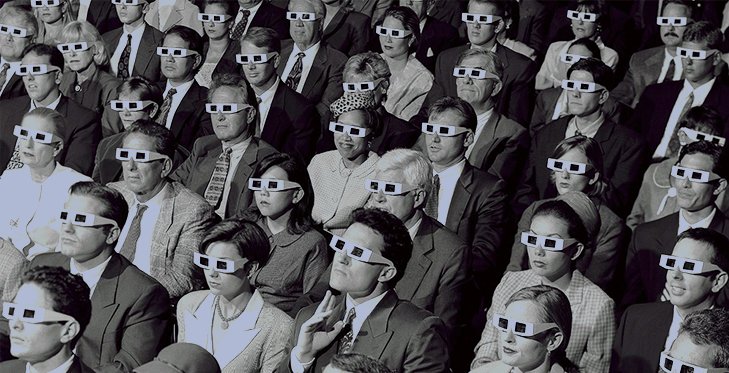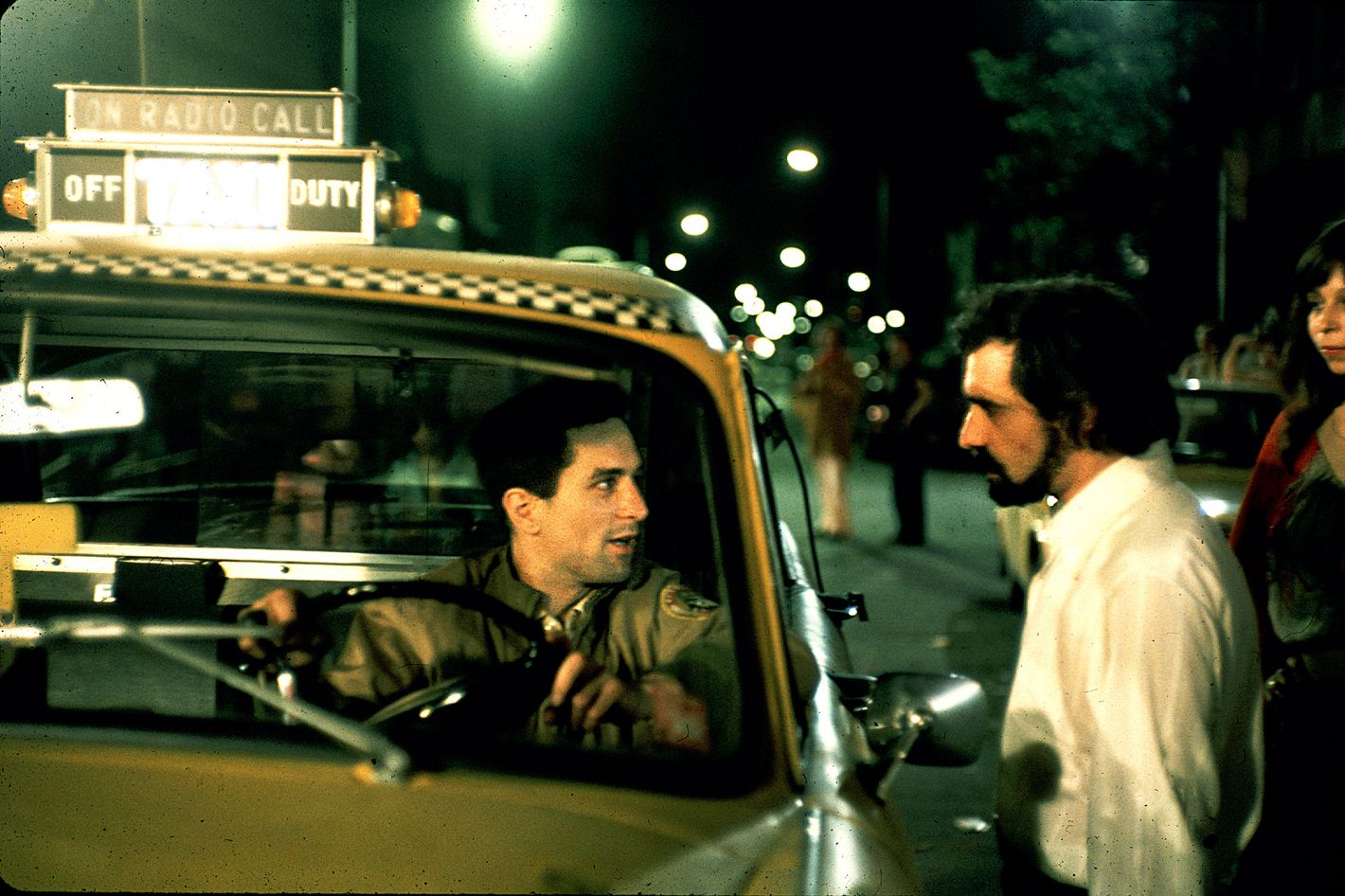If you’re a cinephile and not just a moviegoer, you’ve felt it. The pressure to conform to majority opinion. No way, you might say, I have my opinions and am prepared to argue and defend them no matter how against the grain they are. In fact (as movies have all taught us) being rebellious makes me cool.

Well, if you can do that, you’re stronger/better equipped to argue loudly than me. See how it lands when you’re amongst cinema nerds talking about Truffaut, Seberg, the New Wave, German Expressionism and Fassbinder and you pipe up that your favourite movie is White Chicks or That’s My Boy.
We all want to belong to a tribe or group, it’s why we play sport or go goth when we’re teenagers. And if you’re interested in the cinematic arts, there’s no cooler tribe that cineastes who have good taste and know a lot about movies.
There are very accepted norms and consensus opinions that you identify against at your peril, unless you have a big enough platform and enough respect to make your case without withering stares, slight shakes of the head or virtual ostracisation from the like-minded group.
What’s more, when you come to understand those consensus opinions it can be very easy to self-censor, to talk yourself into an opinion that isn’t really yours so you can fit in and wear the club colours without being found out. Many’s the time I’ve spent years internalising the message about a movie everybody unreservedly knows is a classic, only to happen across the review I wrote of it when I first saw it and realising how much I disliked it or failed to get it.
Such awareness came to a head a few years ago when I sat down expressly to watch and appreciate Blade Runner. So many people who are in the know and whose opinions I respect love it, I was sure the three or four times I’d seen it (or most of it) over the years must have been under non-controlled conditions, that I’d mistakenly watched that infamous cut with the voiceover and the happy ending, or that I was distracted or in a bad mood at the time. But nope, it just left me cold.
Taxi Driver did the same thing, making me wonder why I should be interested in a scuzzy creep with such an awful life who hobbled his own chance at redemption at every turn.

I know you can’t love horror and not love The Thing . I can appreciate the special effects now I know more about how moviemaking and the industry works, but I never really bought into what a classic of tension and paranoia it is. I mean, it does have tension and paranoia, but there’s apparently a much deeper allegory there than I get.
Then there’s the granddaddy of foreign cinema, Seven Samurai. I found Toshiro Mifune to be an irritating, constantly screaming idiot whose ‘acting’ was so overripe I could almost smell it through the screen. The fights were like a bunch of little boys scrabbling around in long grass. The sound design was awful. The picture was muddy and low contrast so you could barely see what was going on. The pacing is terrible (although I’m prepared to admit it might be a product of the era). I could go on, but I’d be excommunicated.
And don’t get me started on the French New Wave classics. I couldn’t even finish The 400 Blows and 8 1/2.

By contrast, I’ve loved plenty of movies the critical consensus hates. I’m surprised all the time when I write a positive review of a movie and then look up what others thought of it on Rotten Tomatoes or Metacritic to find it got a low score. Like generations of cinephiles and aspiring cinephiles before me have asked; is it me?
I don’t really have any great movies to talk about this edition, mostly because I’ve watched a lot of stinkers. In line with my thesis above, I thought Ari Aster’s Hereditary follow-up Midsommar started out interesting but then disappeared up its own proverbial.
As you might have heard at the time, the 2015 remake of Poltergeist was like the flavourless, low fat version of the original idea and characters. But I was most disappointed by Guy Ritche’s The Gentlemen. I’d been so looking forward to him getting back to the cockney criminals subgenre he created, but this film is the point at which I’ve officially let him go.
Subscribe to FIB’s Weekly Alchemy Report for your weekly dose of music, fashion and pop culture news!







